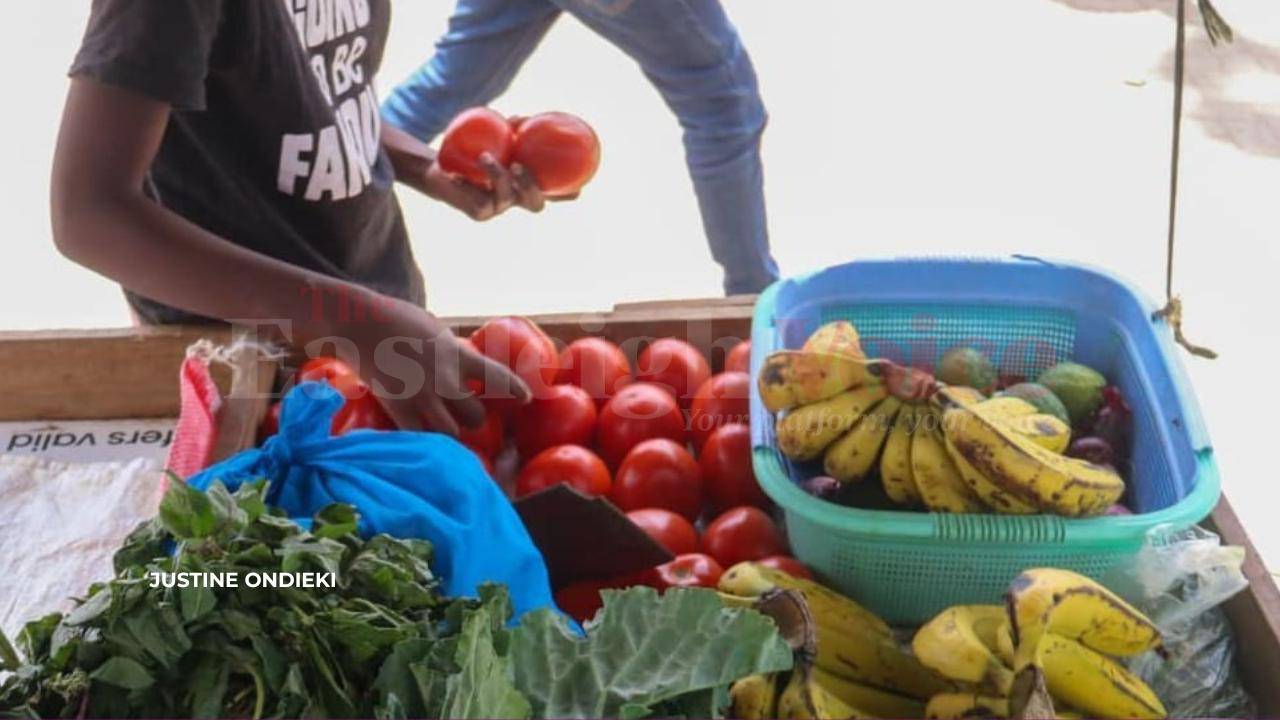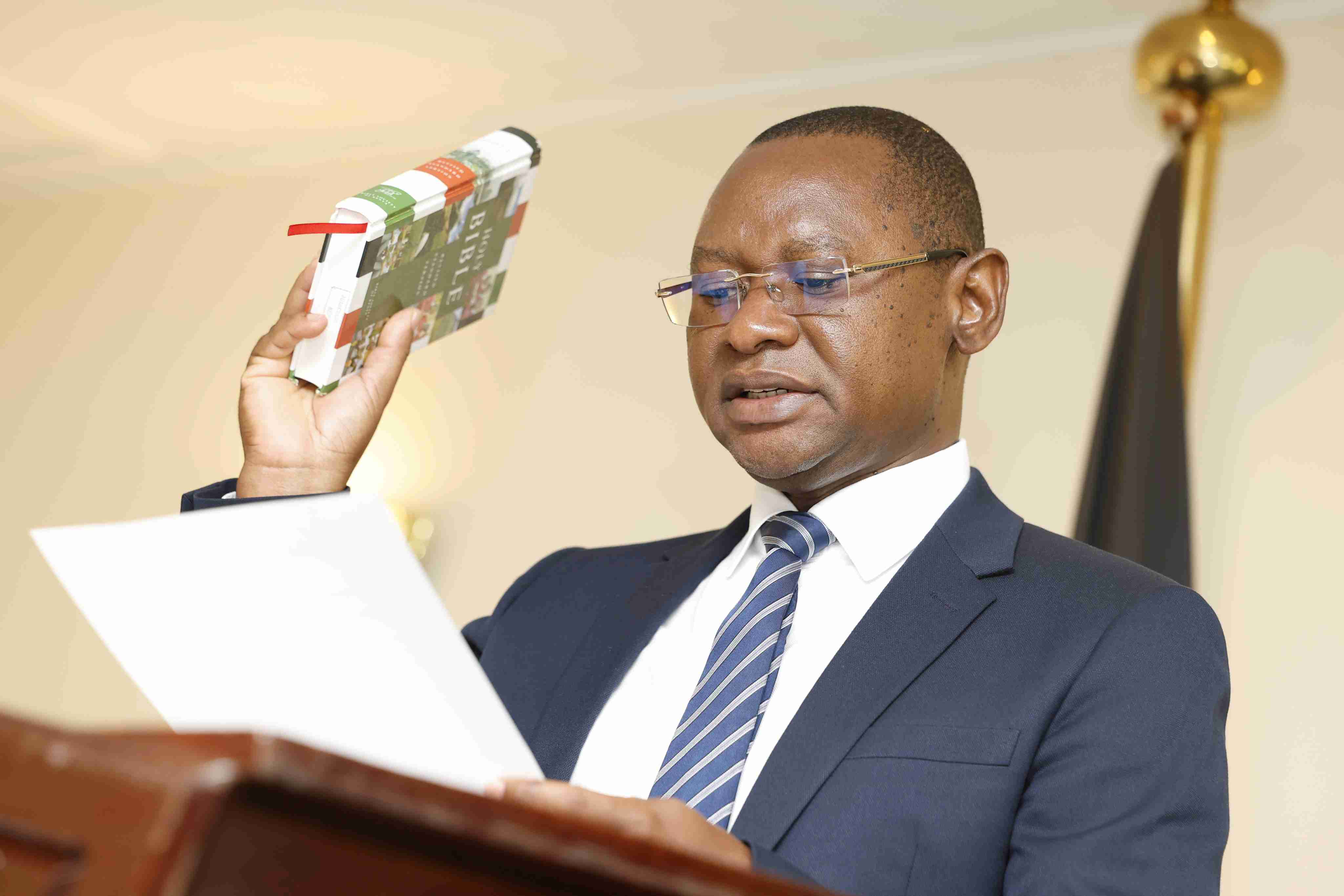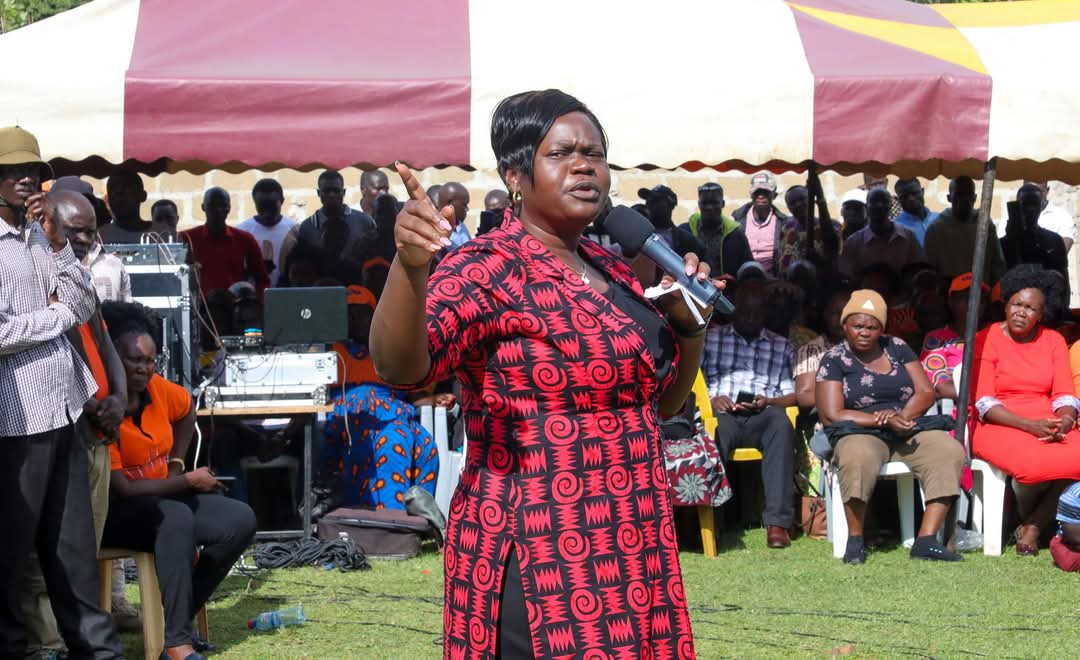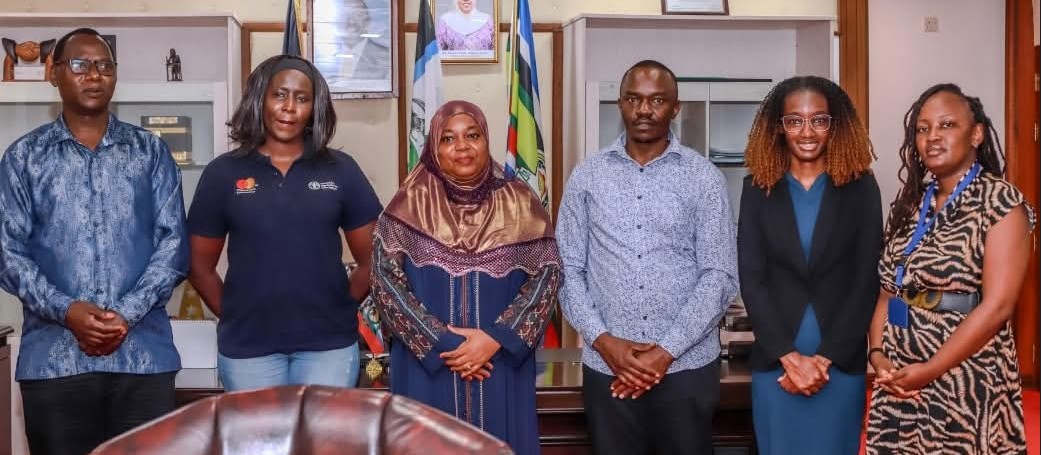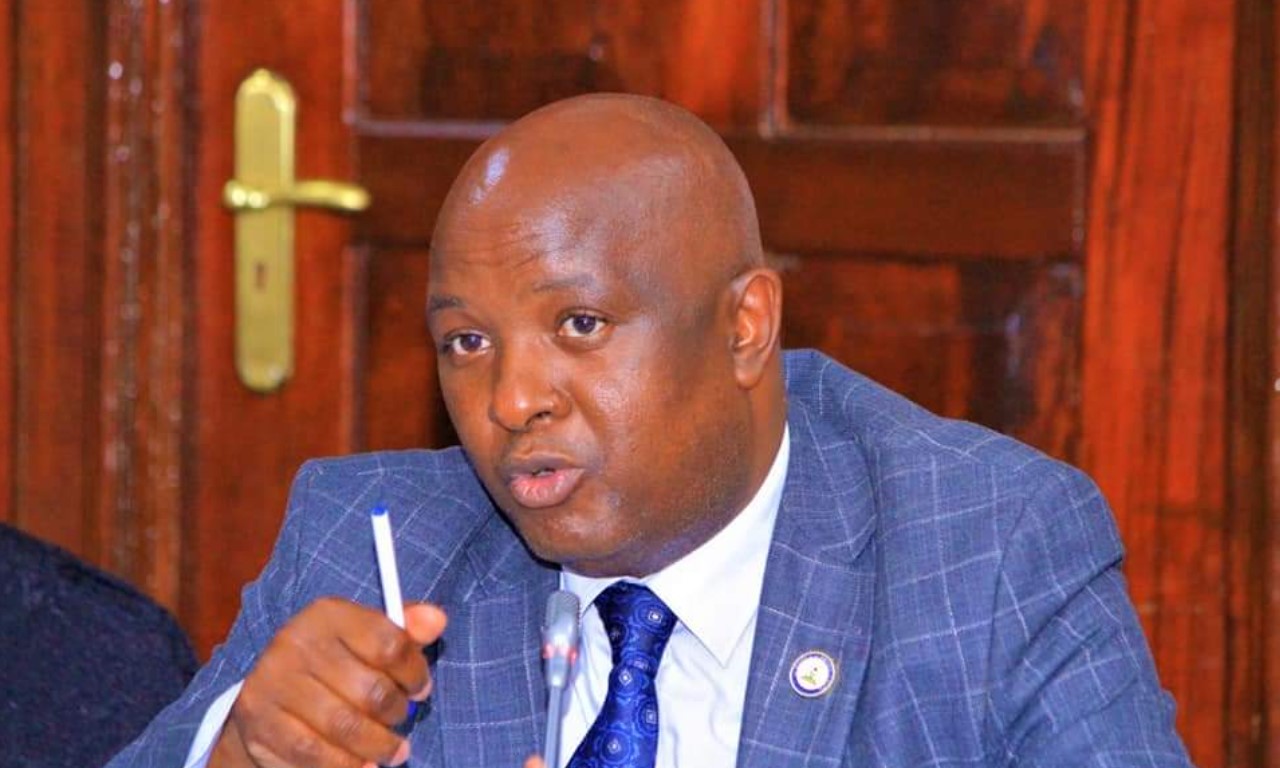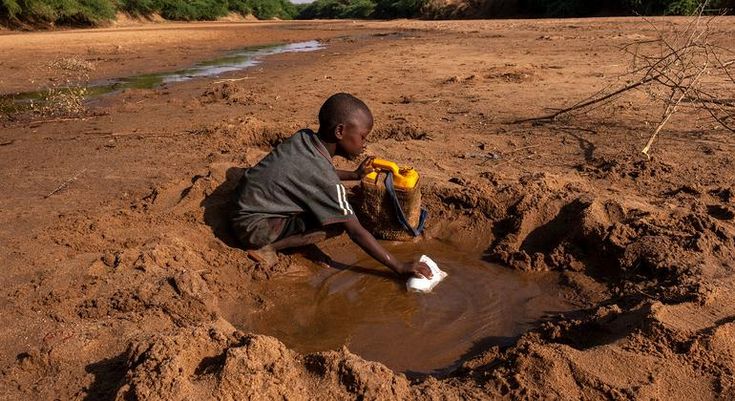Journalists urged to let children speak on issues affecting them
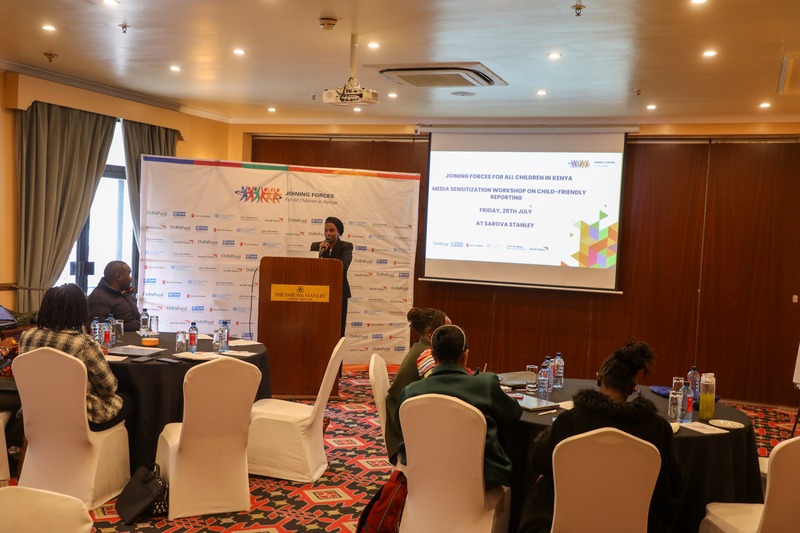
The alliance noted that this style of storytelling could encourage more follow-up reporting, which in turn would pressure public institutions mandated with child welfare to act swiftly on issues affecting children.
Kenyan journalists have been urged to amplify children’s issues by letting the voices of children themselves lead the stories.
According to Joining Forces for All Children, this approach would help highlight the real, lived experiences of children rather than relying solely on adults’ interpretations of their issues.
More To Read
- Kabogo threatens to deny adverts to media critical of government
- Over 600 million children exposed to violence at home, UNICEF warns
- UNICEF warns over 400 million children live in extreme poverty as progress stalls
- Gaza: Displaced Palestinians dealing with the ‘death of dignity’, warns UNICEF
- Violence is a normal part of life for many young children: Study traces the mental health impacts
- Crimes against children in conflict surge to worst-ever level in 2024 - report
Joining Forces for All Children is a global alliance of the six largest international children-focused NGOs, all of which also have a presence in Kenya. These are: ChildFund, Plan International, Save the Children, SOS Children’s Villages, Terre des Hommes, and World Vision.
The alliance noted that this style of storytelling could encourage more follow-up reporting, which in turn would pressure public institutions mandated with child welfare to act swiftly on issues affecting children.
Representatives of the alliance spoke during a half-day workshop aimed at sensitising journalists on child-friendly reporting and sustaining advocacy on children’s matters.
Also speaking at the event, the Law Society of Kenya’s President, Faith Odhiambo, emphasised the need for journalists to follow up stories involving children to their conclusion and to ask probing questions that ensure all agencies involved in child protection remain actively engaged in seeking justice.
This is particularly important in criminal cases such as sexual and gender-based violence (SGBV) and incidents involving excessive force by police.
“There are several government agencies that are supposed to ensure there is proper follow-up and accountability. Even within the National Police Service, those deaths should not simply be treated as normal deaths. There should be higher standards of questioning,” she said.
According to Odhiambo, the lack of sustained follow-up contributes to similar cases being quietly ignored in many informal settings.
In Kenya, children face a range of challenges including limited access to basic needs like healthcare, education and food. Others are exposed to forced labour, disease burdens, and various forms of violence, including cases of police brutality, as seen in the deaths of baby Samantha Pendo in August 2017, Yassin Moyo in March 2020, and Bridget Njoki on Saba Saba Day.
Children have also been caught up in recent police swoops targeting individuals accused of involvement in protest-related violence, with some minors now facing terrorism charges alongside adult co-suspects.
“The court raised concerns about where these children would be held, only to be told they would be detained at Kamiti. Is that acceptable? Where are the voices asking these hard questions? We have children’s officers and the Children’s Department, and they know very well that children should never be detained with adults,” the LSK President challenged.
Media practitioners were further urged to avoid retraumatising children when reporting on issues affecting them.
According to Awino Nyamolo from ChildFund Kenya, this can be achieved by using open-ended questions, balancing accuracy with sensitivity, and limiting the inclusion of graphic details in stories.
“Confront power imbalances, avoid stereotypes, and refrain from subjecting children to unnecessary exposure. Don’t just depict them as victims; show how they are also resilient despite the challenges they face. Adopt the ‘do no harm’ principle when telling their authentic personal stories,” Nyamolo advised.
Top Stories Today
